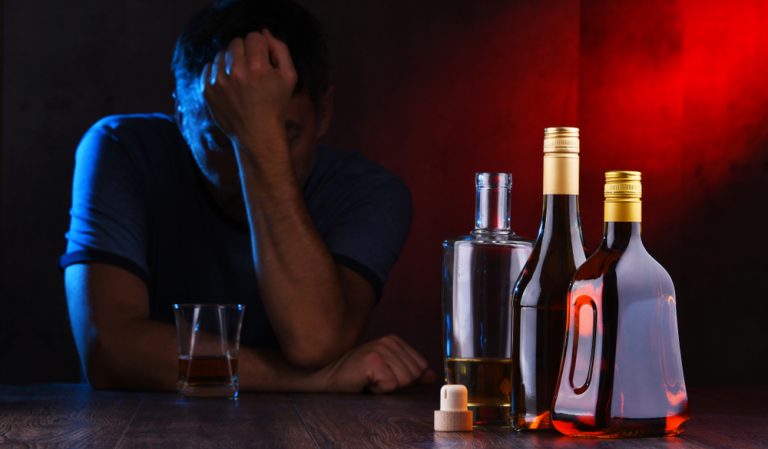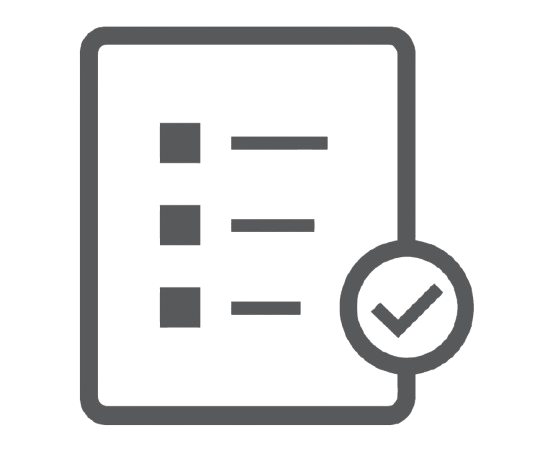Communicating with individuals experiencing similar issues can provide a sense of communal sharing, reducing feelings of isolation and promoting positivity. Remember, these are averages based on research and does not apply uniformly to every individual experiencing insomnia after quitting alcohol. It always does good to approach this journey of recovery patiently and optimistically, savoring every little milestone along the way. After about a week, the symptoms start to calm down, and by the end of the first month, most people see significant improvement, if not complete disappearance, in insomnia. It’s estimated that by the end of 90 days, most people get past insomnia entirely, with rare cases of individuals experiencing it beyond this point.
Listening to Calming Words While Asleep Boosts Deep Sleep
This is the time when you become consciously aware of the harmful effect of drinking too much alcohol. Yet, on a subconscious level, you continue to believe that alcohol provides certain benefits. A misalignment starts to form—part of you thinks, “I needed to consider a change,” yet another part of you wants to hold onto the old “friend” alcohol badly. This is an extremely painful time, as you experience the drag and pull from the opposite desires.

You don’t need alcohol to sleep
- The desire for alcohol is frequently the result of boredom, therefore if the mind is engaged in something else, you’re less likely to reach for that bottle.
- Alcohol can cause insomnia because of the damage that alcohol can do to your sleep cycles and circadian rhythm.
- Some of these solutions were serendipitous discoveries that I found through a process of trial and error.
- The average person’s occasional insomnia is a walk in the park compared to the twitching, spiraling negative thoughts, and intense night sweats alcohol withdrawal can cause.
Try programmes during the daytime and you’ll feel like a new person. Insomnia is defined as regular trouble falling asleep and/or waking up throughout the night. It is sometimes caused by disruption to your body clock, or circadian rhythm. Alcohol affects your circadian rhythm making it more likely to worsen your insomnia, rather than improving your sleep.
Does Stopping Alcohol Consumption Cause Insomnia
Finding ways to cope with insomnia and other sleep issues is important since poor sleep can be a risk factor for alcohol relapse. Unfortunately, recovery and abstinence are more challenging if you aren’t able to get enough good-quality sleep. Difficulty sleeping, particularly when a person feels that they can’t sleep can’t sleep without alcohol sober, may increase the risk that they will relapse. I’ve been trying to stop drinking for a number of months but have a really hard time sleeping unless I have a drink. I honestly have no other symptoms of alocholism, I do not crave a drink after work or for any other reason than to be able to fall asleep at night.

Now that you have realised you have an issue with drinking to fall asleep, and you understand why it’s a problem, it’s time to start taking action to stop the habit. While alcohol might feel like an easy answer to your sleep problems, over time you’ll become dependent on it. You’ll also increase your tolerance, meaning you need to drink more to have the same effect.
How Bedroom Temperatures and Bedding Choices Impact Your Sleep
You wake up more often in the night, you rarely reach deep sleep, and you don’t sleep for as long as you should. We will now proceed to discuss why it’s so difficult to sleep during alcohol withdrawal, followed by my Top 10 Remedies to resolve insomnia after quitting drinking. I’ll then review some lifestyle strategies that I still use to this day to ensure a https://ecosoberhouse.com/ great night’s sleep. Before we look at the effects of alcohol on sleep in detail, here’s the basic bottom line. The more you drink, and the closer your drinking is to bedtime, the more it will negatively impact your sleep. Even moderate amounts of alcohol in your system at bedtime alters sleep architecture—the natural flow of sleep through different stages.
Alcohol withdrawal can begin within hours of ending a drinking session. With help from experienced professionals, substance use and co-occurring insomnia can be treated effectively. If you believe your drinking may be problematic, you may learn about the differences between casual and problematic drinking by taking a self-assessment.
For more tips on dealing with insomnia-related issues read our blog [LINK].

